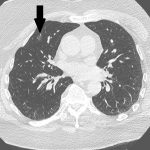The outbreak of the SARS-CoV-2 virus is disrupting patient care all over the world. In the U.S., many providers have had to adapt to new social distancing measures to care for patients, but struggles remain. Mark J. Sinnett, PharmD, FASHP, director of clinical and educational pharmacy services and director of the Center for Pharmacotherapy Research…









